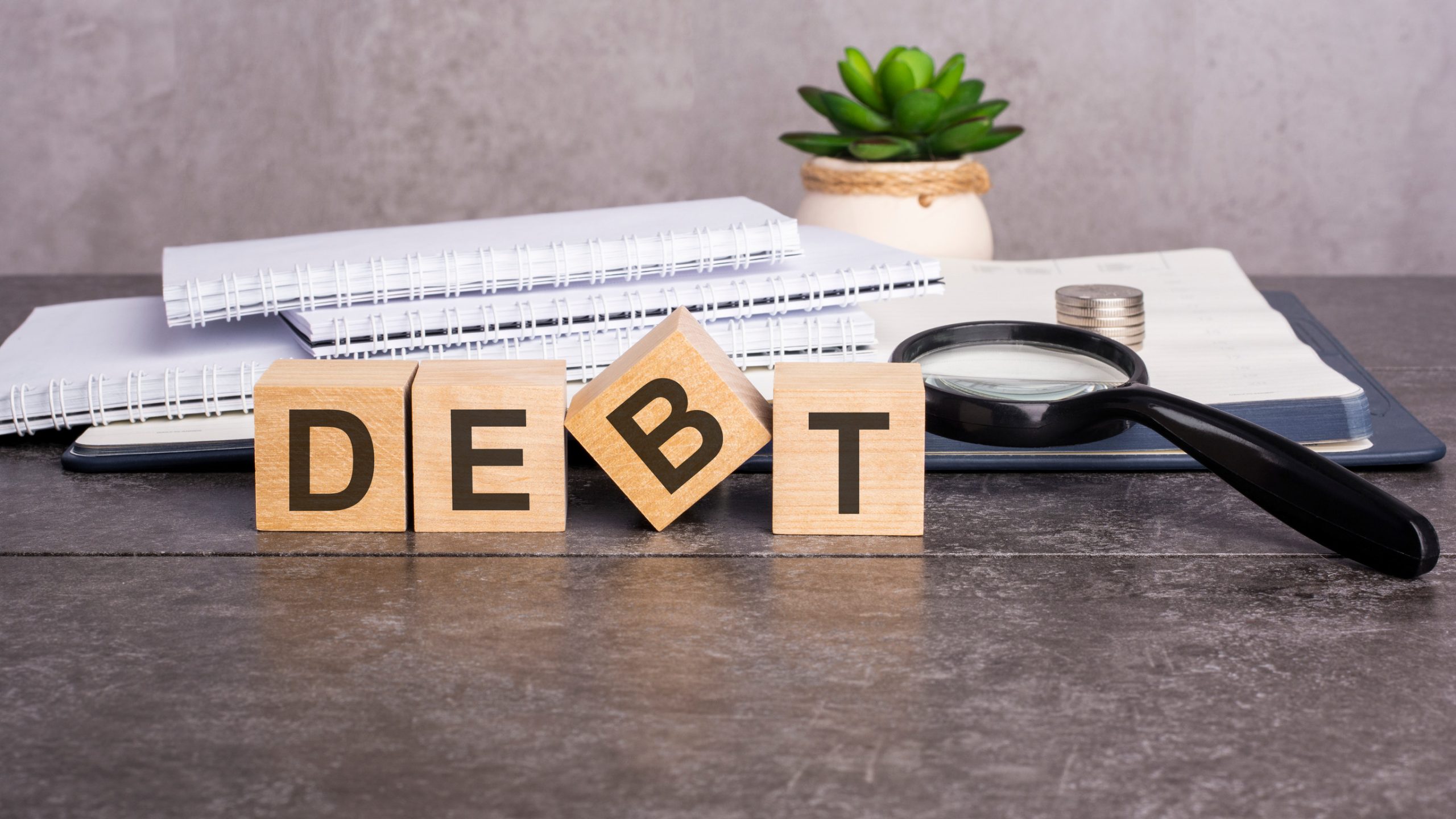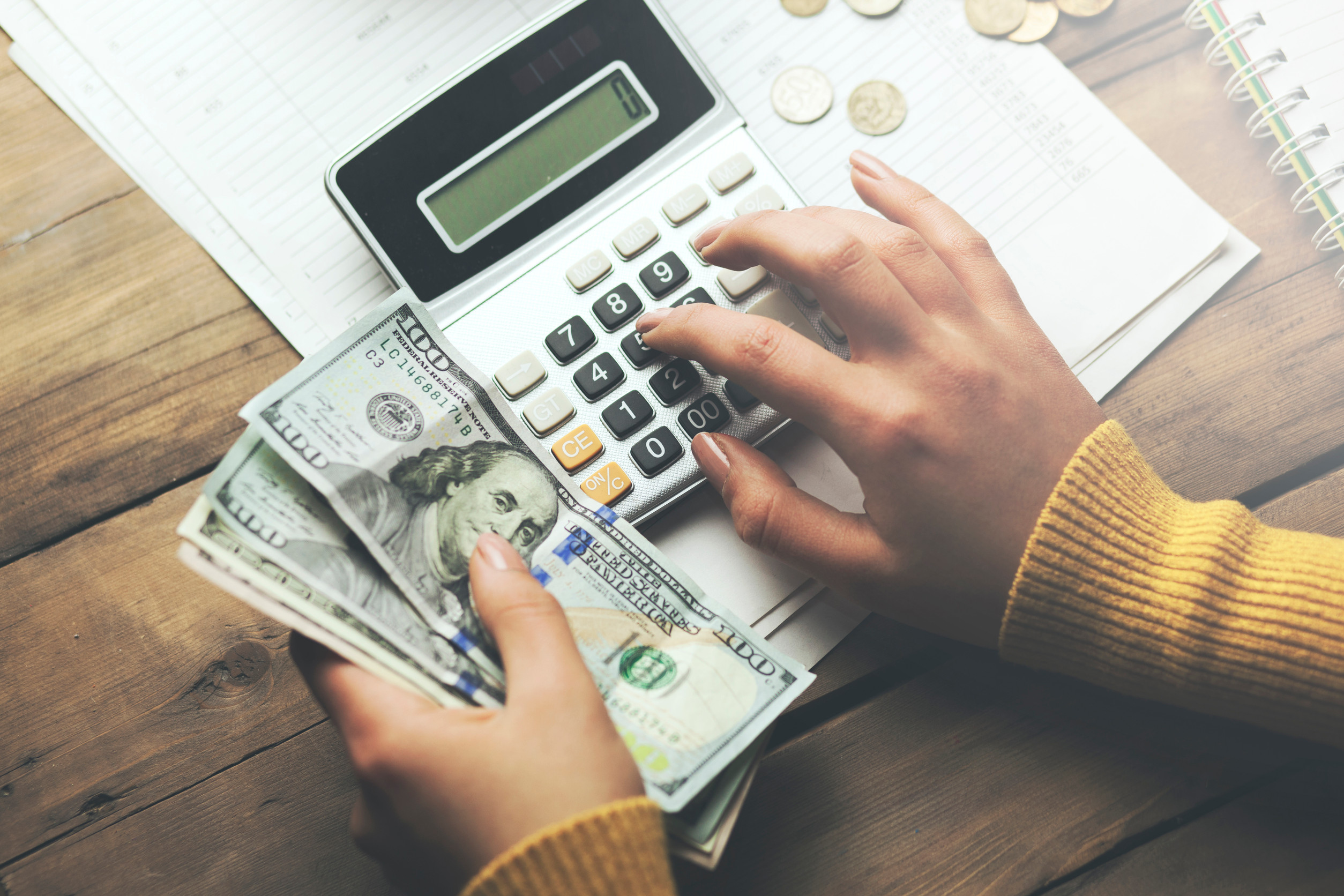
You might think debt sneaks up on you because of one big splurge—a car, a vacation, or that time you decided you needed a brand-new couch. But in reality, debt loves to creep in quietly, disguised as tiny habits that seem harmless at first. Before you know it, your credit cards are maxed, your savings are drained, and you’re wondering how you ended up paying interest on last year’s groceries.
The truth is, most people don’t realize they’re feeding their own financial stress day by day, swipe by swipe.
1. Treating Credit Cards Like Free Money
Credit cards are convenient, flexible, and—for many—a trap waiting to happen. When you swipe without thinking, it’s easy to forget that every purchase is borrowed money, not a free pass. The illusion of affordability keeps people spending beyond their actual means. Minimum payments make it feel manageable, but those interest charges grow quietly in the background. Before long, what started as a $200 shopping spree turns into $400 of regret and revolving debt.
2. Ignoring “Small” Monthly Subscriptions
$4.99 for music here, $9.99 for a streaming service there—what’s the harm, right? The harm is in the accumulation. Those little charges pile up month after month until you’re shelling out hundreds every year on things you barely use. Many people forget to cancel free trials or duplicate services, creating a steady leak in their budget. Audit your subscriptions quarterly—it’s one of the fastest ways to stop unnecessary debt creep.
3. Making Only Minimum Payments
Making the minimum payment on your credit card feels like progress—but it’s actually financial quicksand. While you’re keeping your account “current,” you’re mostly paying interest, not the actual balance. This habit drags out repayment for years and keeps you perpetually in debt. Many people don’t realize how much longer their debt will last by paying only the minimum. Try doubling your payment whenever possible—it’s the easiest way to break free from the cycle.
4. Emotional Spending on “Bad Days”
We’ve all been there: rough day, big emotions, and the comforting glow of an online shopping cart. Emotional spending offers a temporary high but creates lasting financial lows. Whether it’s retail therapy, ordering takeout, or impulse-buying gadgets, emotions and money rarely mix well. This habit quietly eats away at savings and increases debt with every “you deserve this” click. Learn to spot your triggers—sometimes, what you really need is a walk, not a new wardrobe.
5. Putting Off Budgeting “Until Later”
Budgeting isn’t fun—it’s not glamorous, and it definitely doesn’t have an app that makes it feel like a party. But skipping it means you’re flying blind financially. Without a clear picture of your income and expenses, it’s easy to overspend or forget where your money actually goes. Many people assume they’ll start budgeting once they “make more,” but the truth is, habits don’t magically change with a bigger paycheck. Start now—your future self will thank you.

6. Using “Buy Now, Pay Later” Too Often
“Buy now, pay later” sounds brilliant—split payments, no interest (sometimes), and instant gratification. But that convenience hides a dangerous pattern: you’re still spending money you don’t currently have. Multiple BNPL purchases can quickly overlap, creating a tangled web of small debts that hit all at once. It feels like you’re in control—until all those installment reminders start hitting your inbox. If you’re using it more than once or twice a month, it might be time to pause and reassess.
7. Not Having an Emergency Fund
It’s hard to plan for the unexpected, but life loves throwing curveballs. Car repairs, vet visits, surprise medical bills—without an emergency fund, these events go straight onto your credit card. And just like that, debt builds from things that could have been manageable with a bit of planning. Many people underestimate how much stress a lack of savings adds to their lives. Start small—even $25 a week can build a cushion that keeps debt at bay.
Breaking the Cycle Starts with Awareness
Debt doesn’t always come from reckless spending—it often comes from the quiet, everyday habits that go unnoticed. The key to breaking free is recognizing which patterns are silently draining your wallet and taking small, consistent steps to change them. It’s not about guilt—it’s about empowerment. The moment you take control, you stop letting money control you.
Have any sneaky habits you’ve kicked—or ones you’re still battling? Share your stories, insights, or tips in the comments below.
You May Also Like…
- Why Do Families Take on Debt for Graduation Parties?
- Why Do Some People Pretend to Be Rich While Drowning in Debt
- Why Do People Avoid Talking About Debt Until It’s Too Late?
- 10 Obscure Financial Habits That Make People Poorer
- Is Your Social Circle Fueling Bad Financial Habits You Don’t See?
The post 7 Financial Habits That Quietly Keep You in Debt appeared first on Everybody Loves Your Money.







